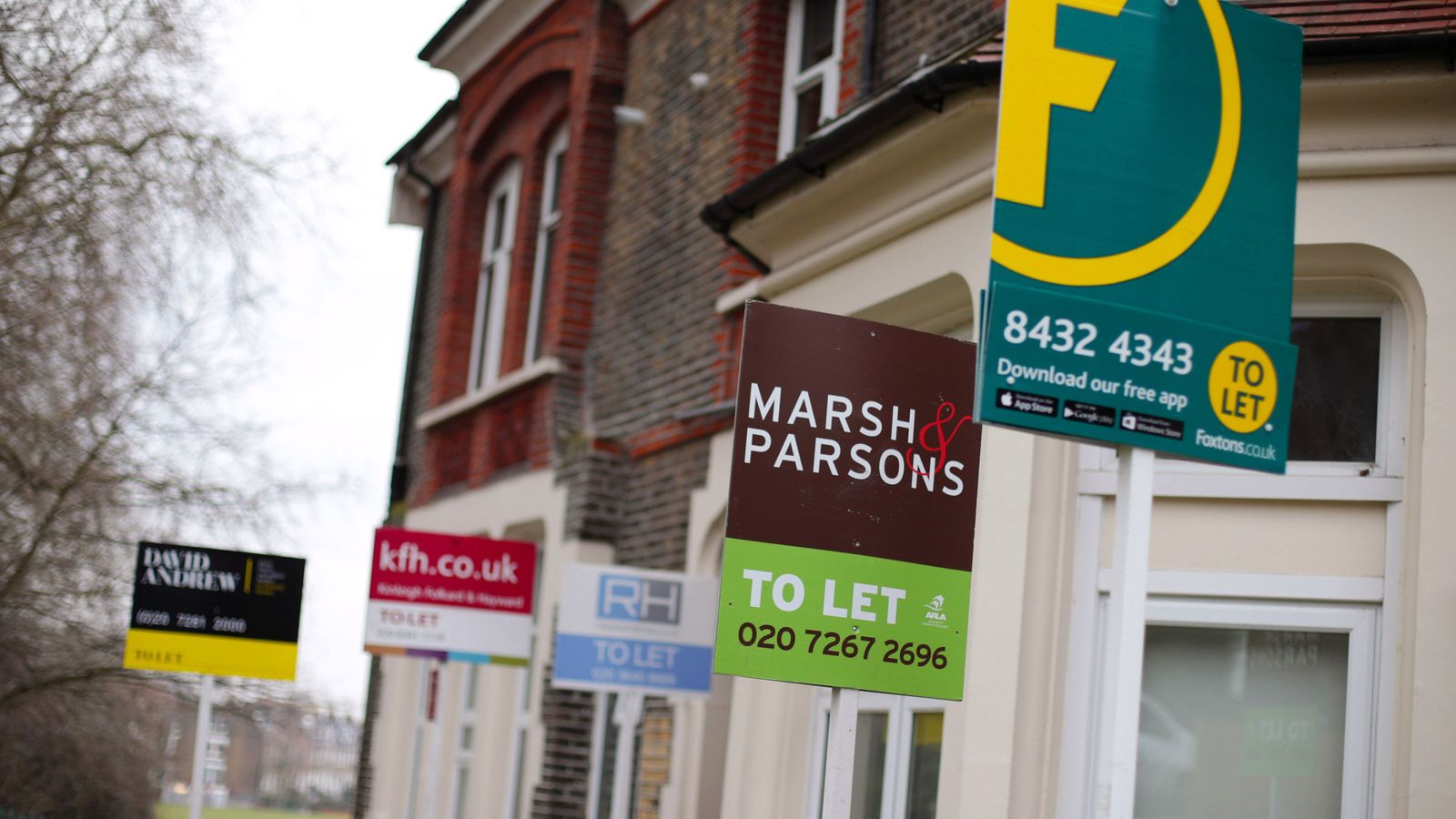Nearly a million private renters in England are under threat of eviction due to record high rents and soaring living costs, a leading housing charity has found.
Shelter’s poll, carried out by YouGov, found one in 12 private renters in England – equivalent to 941,000 people – are currently facing eviction.
Of those at risk of eviction, 504,000 private renters had received or been threatened with an eviction notice in the past month – up 80% on the same period last year.
And 482,000 of those are behind on their rent, which means they are in danger of losing their home, the research found.
Shelter has warned the government’s failure to unfreeze housing benefit in the autumn statement on 17 November displays a failure to acknowledge the growing rental crisis and said it will result in rising homelessness this winter.
The National Residential Landlords Association (NRLA), which represents private landlords, also called on the government to “do more to support those most in need of help” including unfreezing housing benefit rates.
Shelter’s research found a quarter of private renters, equivalent to 2.8 million people, are constantly struggling to pay their rent – an increase of 24% compared with the same period last year.
Councils paying millions more for temporary accommodation in social housing shortage
No-fault evictions driving up homelessness rates in the north of England
Cost of living: Out of region placements for homeless and at-risk households double in three years
And it found more than two thirds (69%) of private renters, equivalent to 7.7 million people, would struggle to find a suitable home this winter if they were evicted.
Chris Norris, policy director for the NRLA, said: “The vast majority of landlords want to help tenants stay in their homes wherever possible.
“It is simply absurd that support for housing costs is being linked to rents as they were three years ago, not as they are today.”
He also called on ministers to address the rental supply crisis as he said the recent tax increases have reduced the number of homes available yet demand remains strong so is driving rents up.
Read more:
Rents at record high mean ‘extreme’ competition for homes
No-fault evictions driving up homelessness rates
Mr Norris added that the NRLA is working with the government to ensure the system that replaces Section 21 repossessions – known as “no-fault evictions” – is “fair and workable for responsible landlords as well as tenants”.
The government said it is helping with the rising cost of living with the Energy Price Guarantee to help with energy bills this winter and payments of £1,200 to the most vulnerable.
A government spokesman said: “Councils have a duty to ensure families are not left without a roof over their heads, and we’re giving them £316m this year to help prevent evictions and provide temporary accommodation.
“Ensuring a fair deal for renters remains a priority for the government, that’s why we will deliver on our commitment to abolish Section 21 ‘no-fault’ evictions.”
During the pandemic, the Local Housing Allowance was increased beyond inflation at the time, with more than a million households getting an average of around £600 over the year. That has been kept by the government.
Polly Neate, chief executive of Shelter, said: “Every day our emergency helpline advisers are taking gut-wrenching calls – from the mum skipping meals to pay the rent to the family terrified they will be spending Christmas in a grotty homeless hostel.
“The government’s refusal to unfreeze housing benefit, when private rents are rising at record rates, means the rental crisis is fast becoming a homelessness emergency.
“At Shelter, we are doing all we can to help people keep the bailiffs at bay, but we’ve got our work cut out.
“Shelter’s frontline services are working seven days a week to help people weather the storm, but as more people turn to us, we need the public’s support more than ever this winter.”








